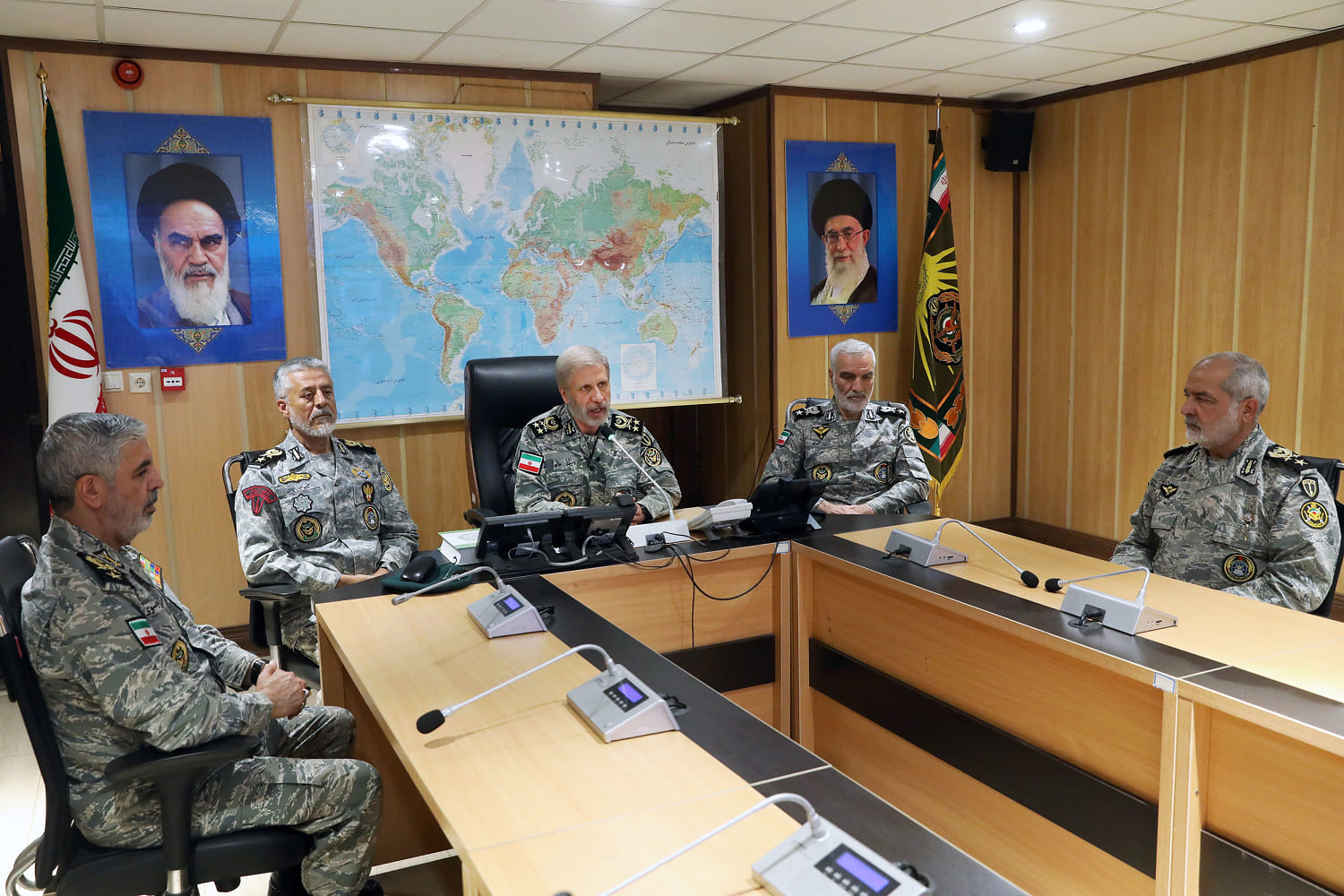Why Arab leaders are quietly backing U.S. strikes on Iran despite public condemnation

The regional view of Iranian influence already played out in miniature in Lebanon.
Israel’s highly destructive dismantling of Iranian influence in Lebanon was quietly welcomed by those outside the group’s base of Shiite supporters even as Lebanese leaders continued to publicly oppose Israel and champion the Palestinian cause.
Lebanese Hezbollah, a militant group that was lavishly financed and started in part by the Islamic Republic, has not publicly committed to involve itself in this latest escalation between Israel and Iran. A statement from Hezbollah on Sunday night praised its patron state’s courage and resilience, while making subtly clear that Iran will have to stand on its own.
“[Iran is] capable of confronting this aggression and delivering a bitter defeat to the American and Zionist enemy,” the statement read.
Over the past year, Iran watched from the sidelines as Israel overran Hezbollah’s power base in southern Lebanon, assassinated most of the group’s leaders, destroyed its painstakingly built military infrastructure and killed thousands of Lebanese civilians.
Hezbollah “very much feel that they paid an extremely high price in the last round of fighting between Hezbollah and Israel,” Maksad said. “Iran was nowhere to be seen. So there’s this very strong sentiment, including among Lebanese Shia, that Iran abandoned them at their time of need.”
Syria’s new leader, Ahmad al-Sharaa ousted the Iran-backed Assad regime last year and has since made public entreaties to the Trump administration and even signalled a willingness to ease tensions with Israel.
The main concern for Arab leaders in the short term is that Iran could decide to retaliate against them or the huge American military installations they host.
Yoel Guzansky, a senior fellow at the Institute for National Security Studies, who helped coordinate Iran and Gulf affairs at Israel’s National Security Council, said he expects Iran to execute a “face-saving” response similar to its retaliation after the Trump administration assassinated Islamic Revolutionary Guard Corps commander Qassem Soleimani, in 2020.





